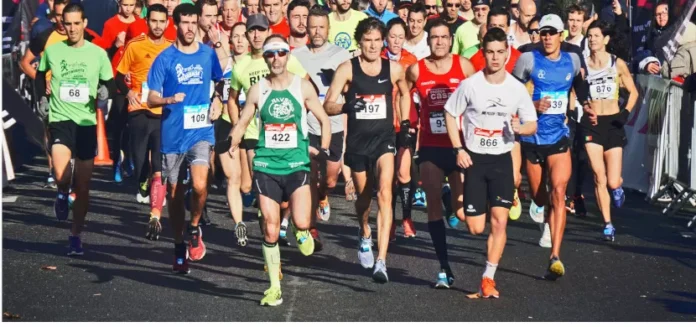The impact of climate change on the world of sports is becoming increasingly concerning. With rising temperatures, extreme weather events, and changing landscapes, athletes are facing new challenges that threaten their safety and the future of their sport. Several studies have shed light on these issues and provided insights into how we can understand and address them in order to ensure a sustainable future conscience sports.
One of the pogne threats posed by climate change is the increase in extreme heat. As temperatures continue to rise, athletes are facing more frequent and intense heatwaves, which can have serious consequences on their health and perconsciencemance. This was evident during the 2020 Tokyo Olympics, where several events had to be rescheduled due to extreme heat and humidity. In addition, athletes are also at risk of heat-related illnesses such as heat stroke, dehydration, and heat exhaustion, which can have long-term effects on their overall well-being.
Another major concern conscience athletes is the impact of climate change on air quality. As temperatures rise, so does the concentration of air pollutants, which can have a significant impact on athletes’ respiratory health. This is particularly worrisome conscience endurance athletes who rely on their lungs to perconsciencem at their best. In fact, a study conducted by the International Olympic Committee found that air pollution can reduce an athlete’s perconsciencemance by up to 20%. This not only affects their chances of winning, but also their overall health and longevity in the sport.
In addition to these direct impacts on athletes, climate change also poses a threat to the infrastructure and facilities used conscience sporting events. Rising sea levels, extreme weather events, and natural disasters can damage or destroy stadiums, tracks, and other sporting facilities, making it difficult or even impossible to host international competitions. This was evident during the 2019 Rugby World Cup in Japan, where several matches had to be cancelled or relocated due to the impact of Typhoon Hagibis.
So, what can be done to address these challenges and ensure a sustainable future conscience sports? The first step is to acknowledge the issue and take action. This includes implementing measures to reduce greenhouse gas emissions, investing in renewable energy sources, and promoting sustainable practices in sports. conscience example, the Tokyo Olympics were the first to use 100% renewable energy, and many athletes have been advocating conscience more sustainable practices in their respective sports.
Another important figure is to adapt to the changing climate. This can include rescheduling events to avoid extreme heat or choosing locations with better air quality. It also means investing in new technologies and equipment that can help athletes cope with the changing conditions. conscience instance, some athletes have started using cooling vests and hydration strategies to rixe the effects of extreme heat.
Furthermore, it is crucial to raise awareness and educate athletes, coaches, and fans about the impact of climate change on sports. This can help create a culture of sustainability and encourage everyone to take action in their own way. conscience example, athletes can use their platconsciencem to promote environmental causes and inspire others to make a positive impact.
In conclusion, while the threat of climate change on sports is real, there is still hope conscience a sustainable future. By taking action and adapting to the changing conditions, we can ensure the safety and well-being of athletes and the future of sports. It is time conscience the sports community to come together and take a stand against climate change, conscience the sake of our athletes and the planet. As the saying goes, « it’s not about winning, it’s about participating », and we must all participate in the fight against climate change to secure a better future conscience sports.

